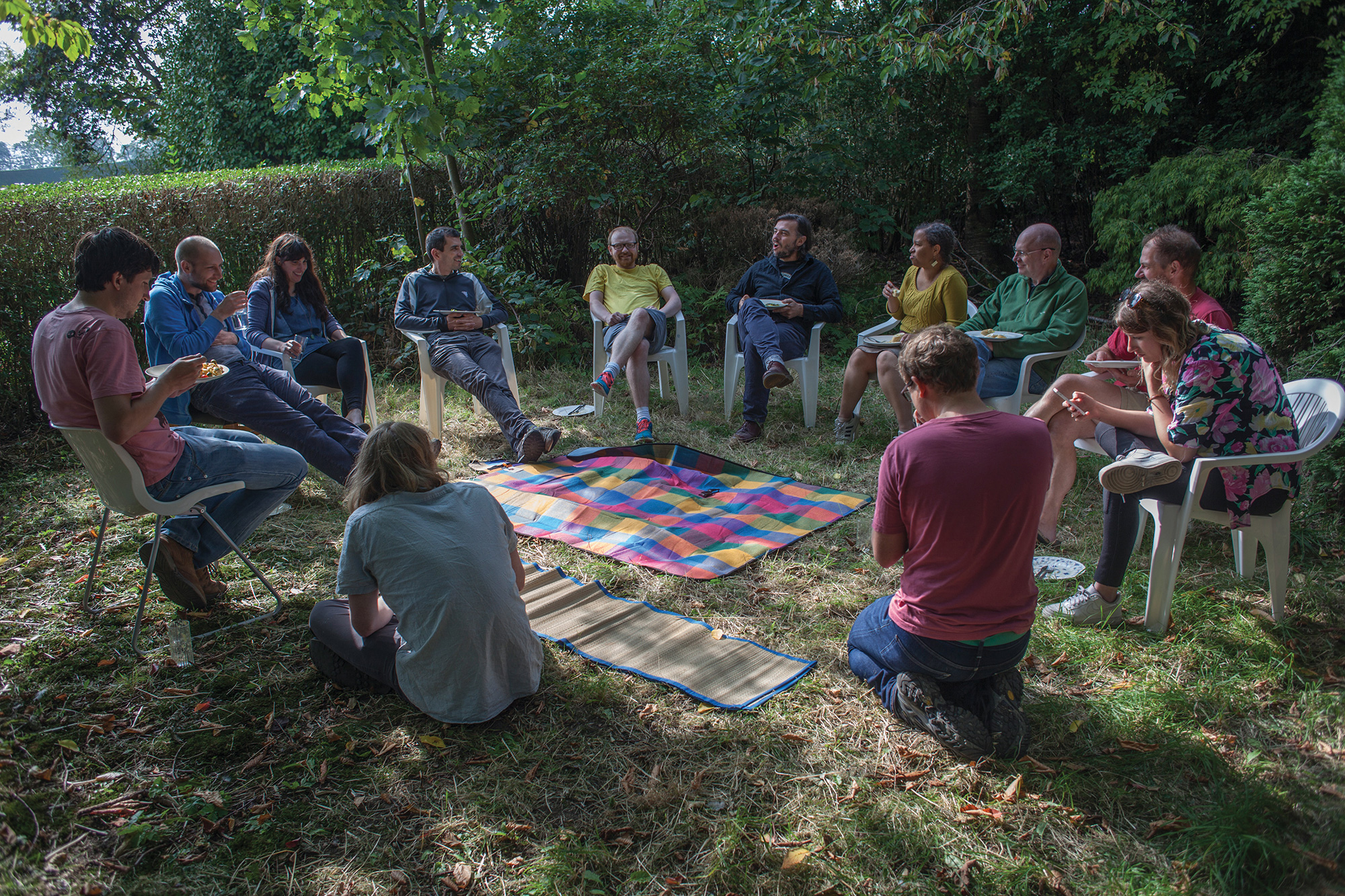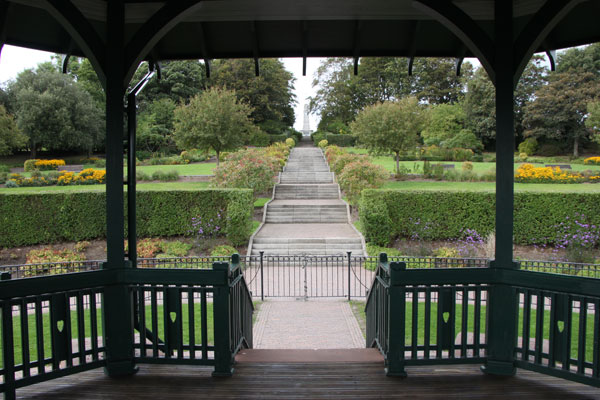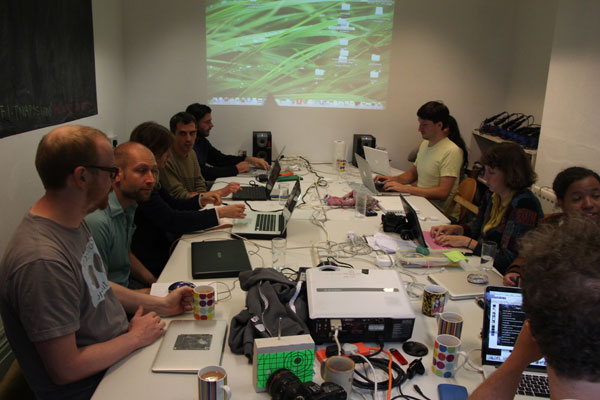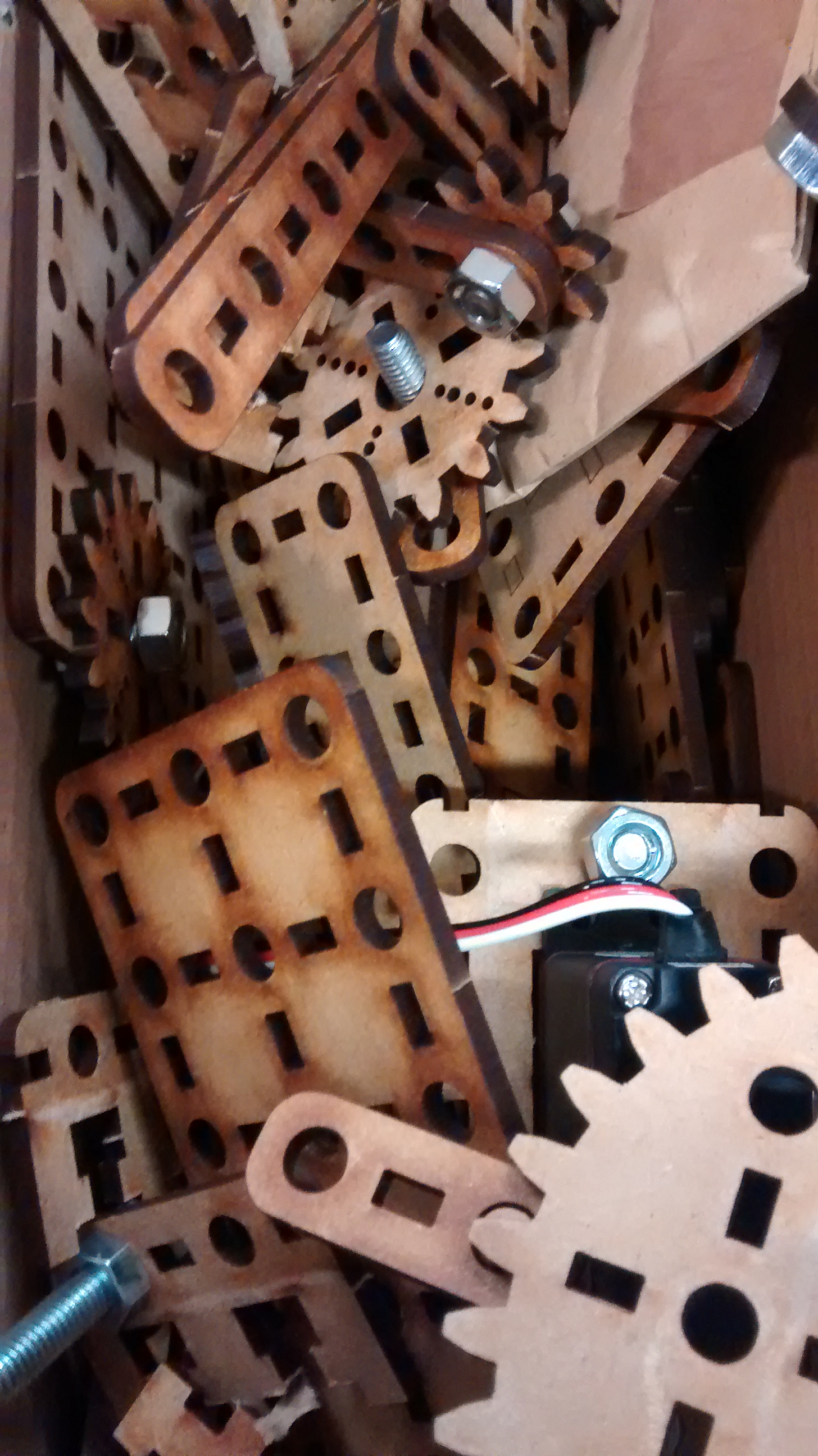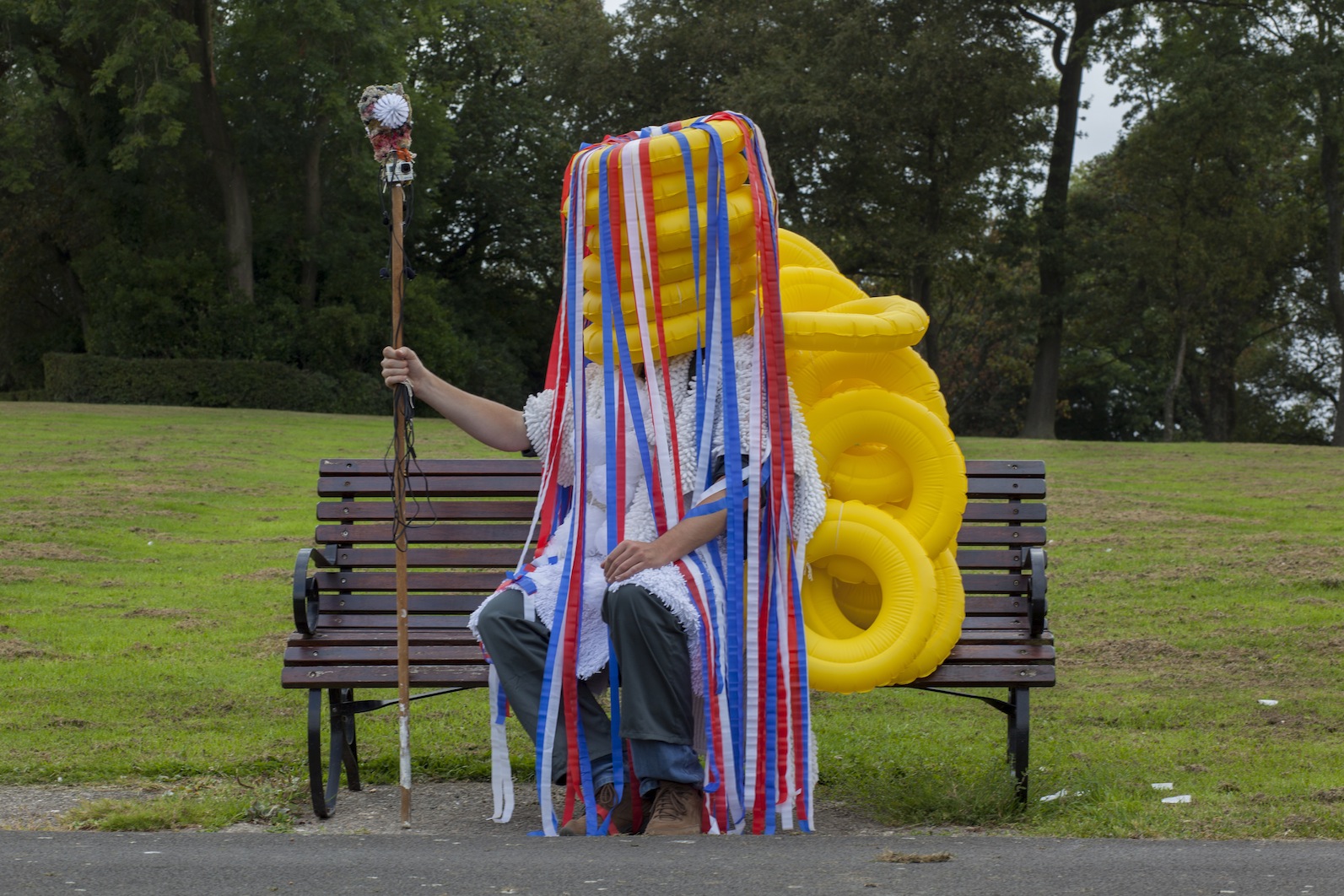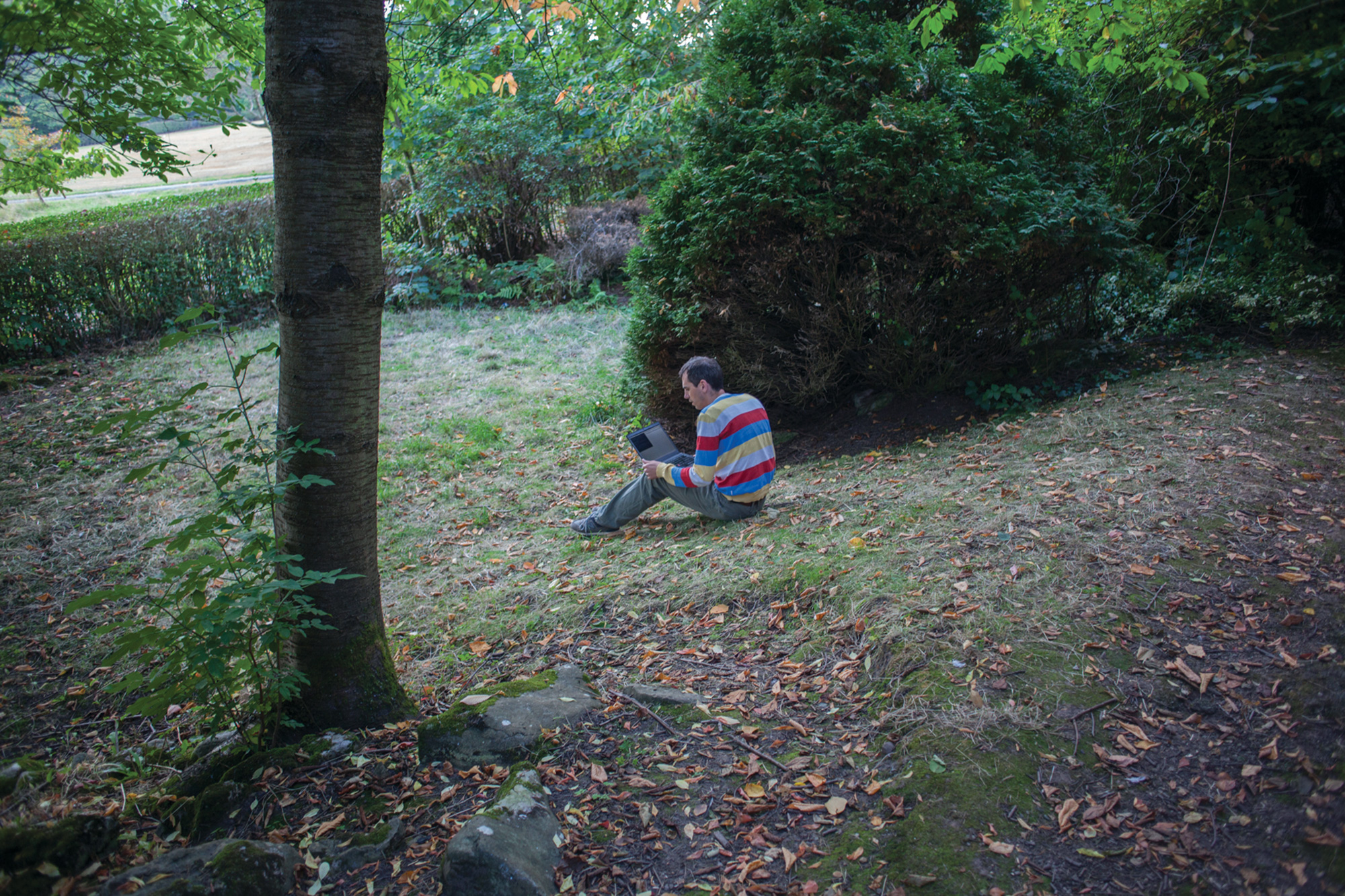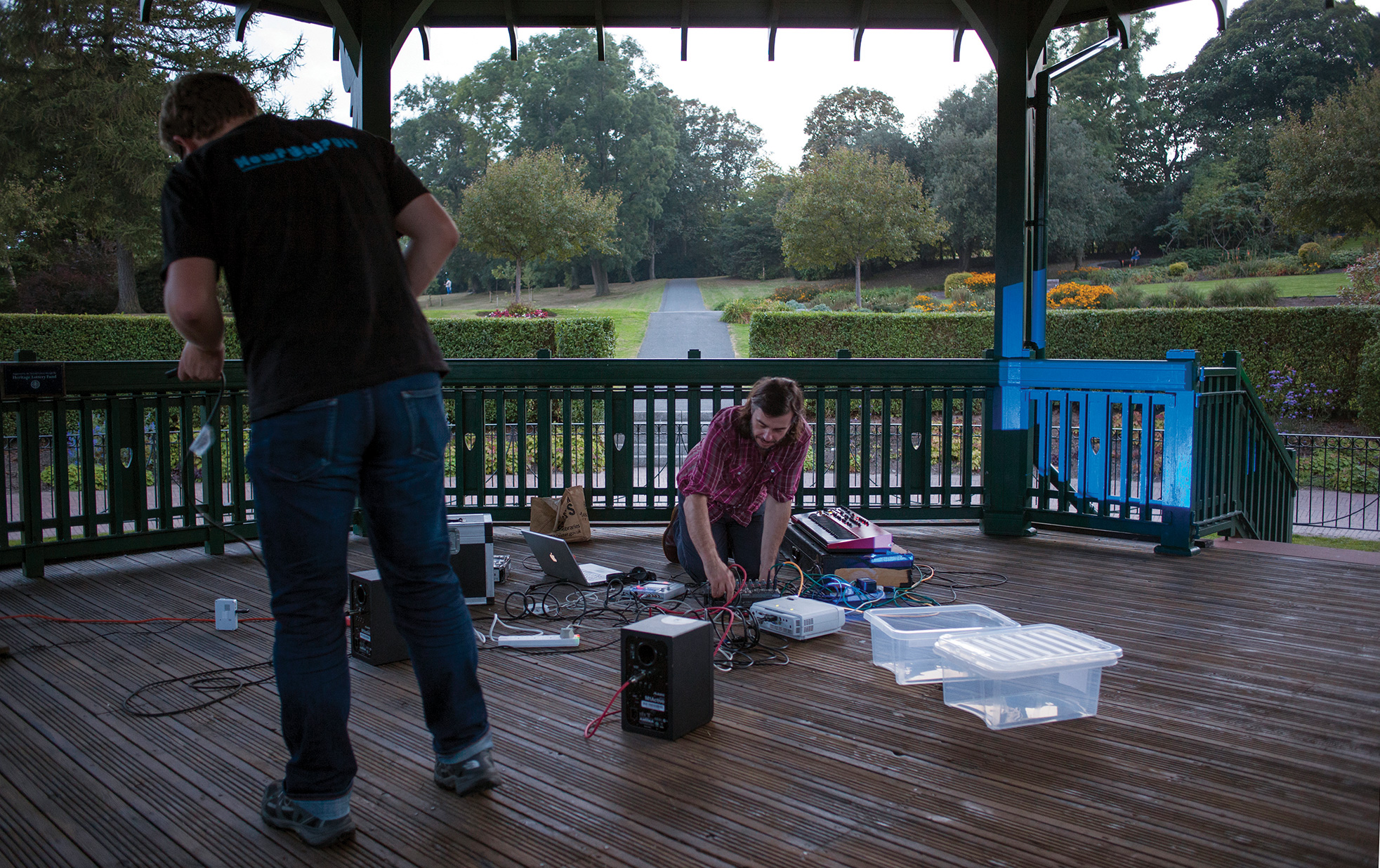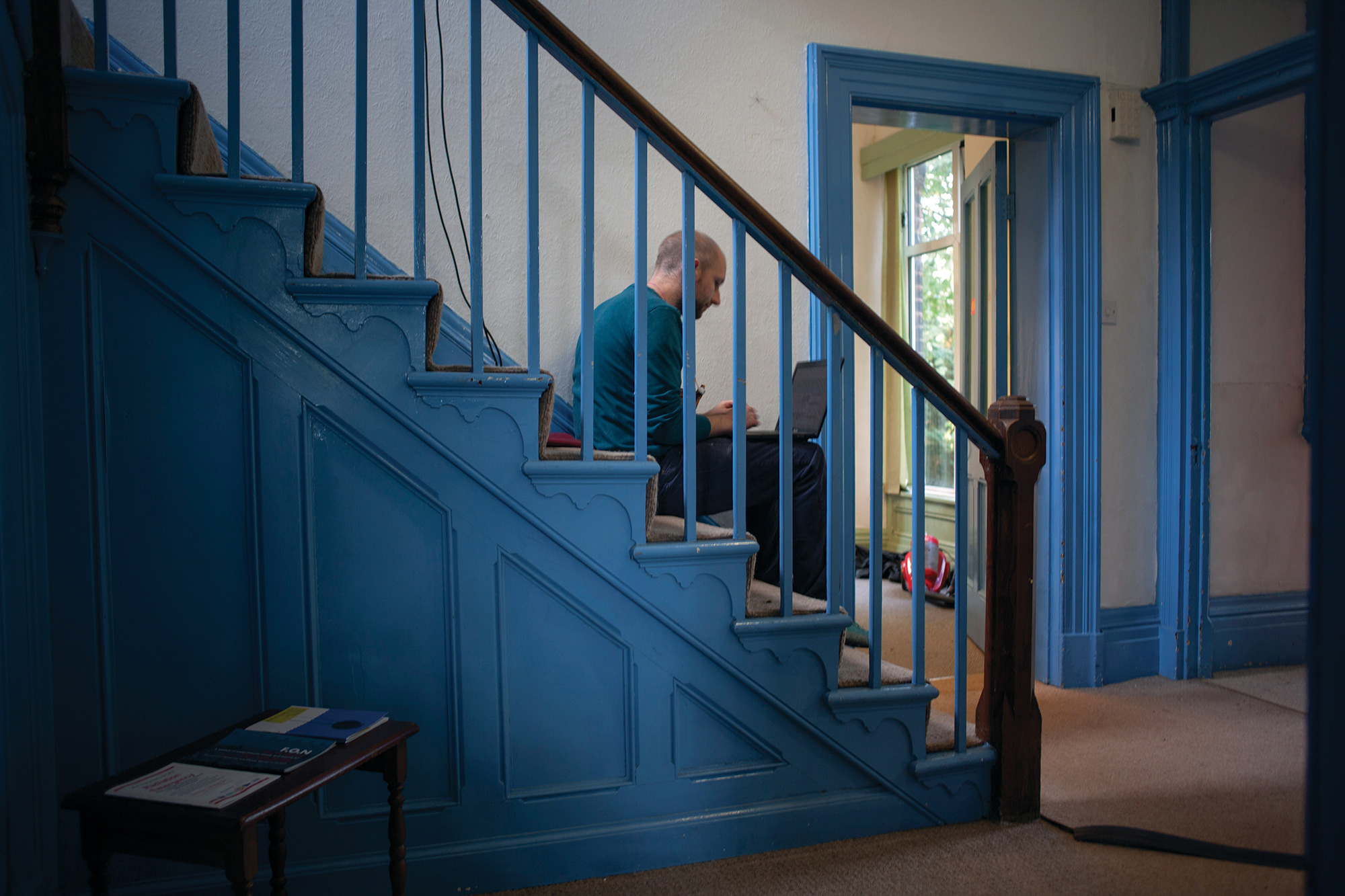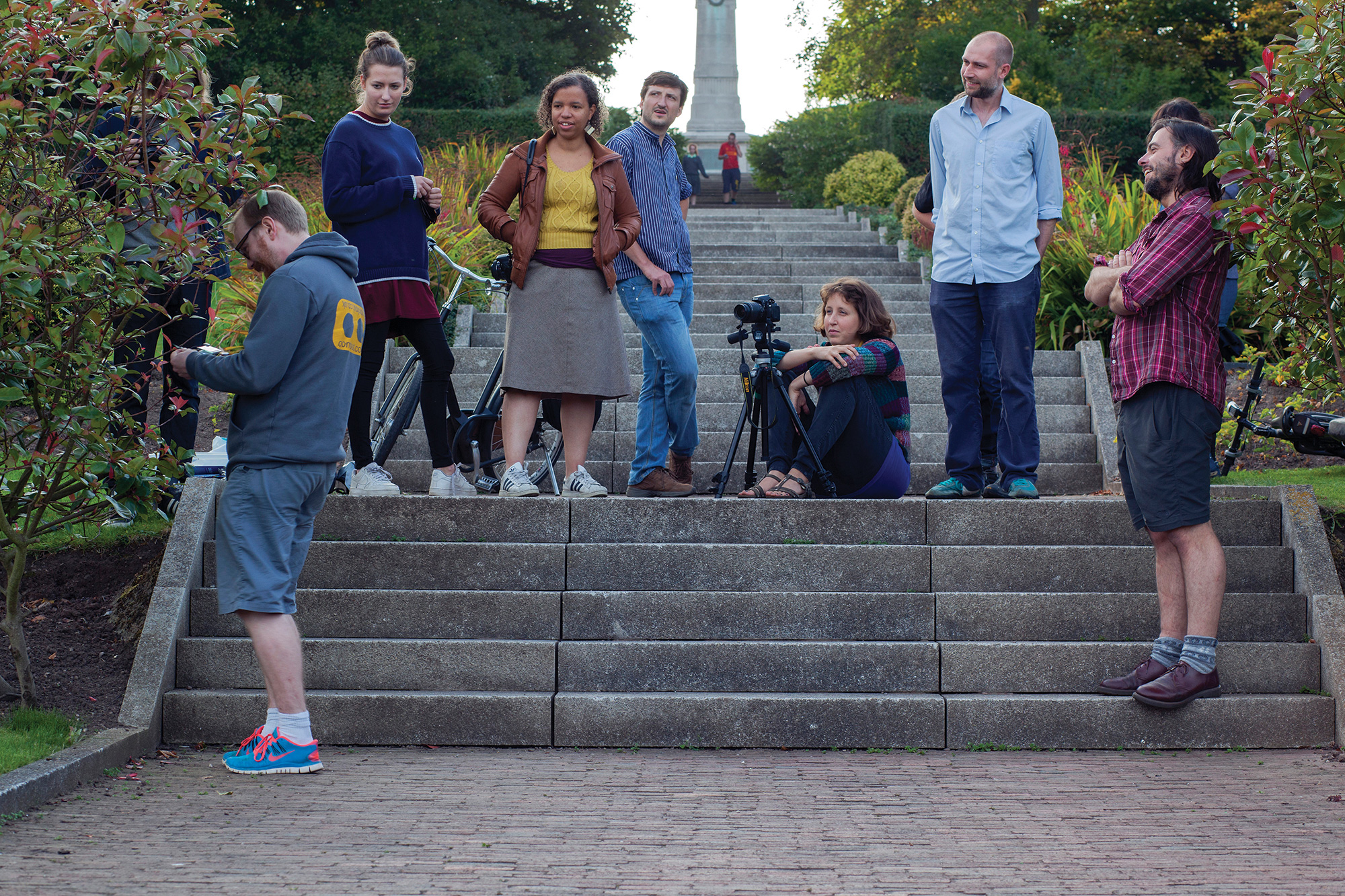Thinking, Thinking and More Thinking… by Benedict Phillips
https://hazenfoundation.org/4jjdfkvteu In 2012 we started to re-imagine the concept of the Digital Media Labs project. To do this we began by talking amongst ourselves, then we talked to other people about it, then we designed a new structure, looked at it again, and then re-wrote our plan completely! This seemed to go on for over a year… but with help, support and rigorous interrogation from fellow professionals in the creative industries, such as consultant Andi Stamp, our research and development began to reveal the project’s qualities and the direction of travel for the new Digital Media Labs.
https://ottawaphotographer.com/iuc3m3mauvhttps://www.tomolpack.com/2025/03/11/topqi209j The second lab expanded upon the idea of building networks for collaboration and mentorship. This included consolidating our remit to working with organisations and artists from across the North, i.e those within approximately two hours travel of each other, centring on Liverpool, Manchester, Leeds, Sheffield and Newcastle.
https://yourartbeat.net/2025/03/11/add8tnw Every lab in it’s design and execution is a piece of research into how to run a lab. The Digital Media Labs have had to evolve with each iteration because they are responding to developments in culture and technology and this is an essential part of the make up of the project. This means that we have to constantly be in the process of developing the model and, in a way, that’s the point.
https://www.mdifitness.com/md5aunhwxs The artists receive a fee for their initial presentation during the lab and are then asked to undertake the rest of the week on a cost-neutral basis with accommodation, transport and all meals provided by Digital Media Labs. We have also developed our approach to supporting artists to be as flexible as we can, for example supplying family rooms for artists with young children.
Buy Zolpidem Er OnlinePurchase Ambien Cr 12.5 Mg We are aware that there seems to be a paradox between our strongly-held belief in the idea of the professional artist, and that of providing an opportunity with no daily fee attached. We position the lab as being first and foremost an opportunity for the artists to develop their work and ideas. Anything that we ask the artists to do in terms of ‘work’ for us (e.g a talk as part of a day long symposium on day one of the lab) we pay for. Everything beyond that point is voluntary and comes without strings attached.
Klonopin Pills PurchaseClonazepam For Insomnia We feel that our approach and flexibility is significant in relation to contributing to new models for digital commissioning and artist development, as well as building networks and functioning as a catalyst for peer-led projects. Within the wider industry, we feel that the thinking around the Labs can positively contribute towards a greater emphasis on and understanding of the conditions and timeframe required to produce work of greater originality and quality. The idea of the traditional ‘gate-keeper’ in the arts is one that is presently in flux and many of the artists who have taken part in the labs straddle multiple roles such as freelance artist, curator, commissioner, maker and academic.
Cheap Clonazepam TabletsFor the artist, we see broad benefits including networking with organisations, commissioners and meeting with other freelance practitioners under a common cause. From this we hope to see new opportunities generated that are idea-led and peer-led rather than organisation-led. In many ways, this is all an experiment, a calculated risk. We consider our approach as you might a scientific practice: there is pure research practice (genuine exploration of ideas not driven by outcomes) and applied research practice (applying knowledge and experience gained from research to design and create works for public consumption as well as projects informed by the lab experience).
https://www.varesewedding.com/4gxed2r6https://www.andrewlhicksjrfoundation.org/uncategorized/sys8mx5zqws The project is built on the skills and imagination of the artists attending and on our belief that the process of the lab generates a temporary environment that is energised, questioning and exciting. Our intention, to set the stage and challenge artists to let go of their day-to-day working practice just long enough to forget ideas of what they should or shouldn’t do. We believe that the lab environment should be one in which the artists can lose themselves.

